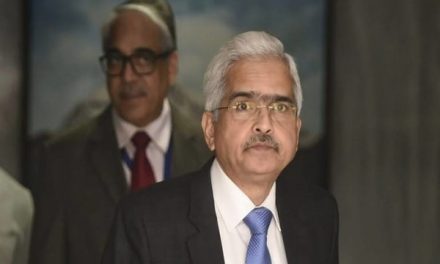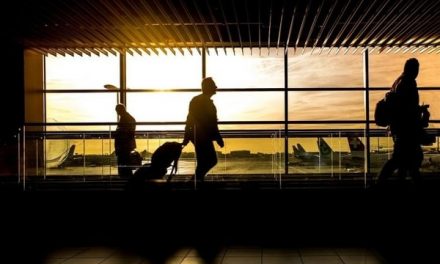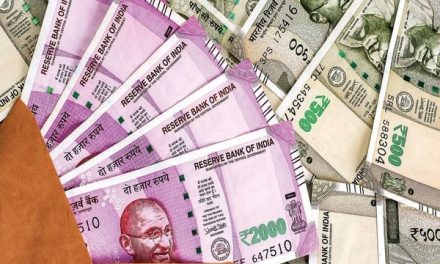The Supreme Court order said it intends to give 15 days to the Centre and states for transporting all stranded migrant workers to their native places and will pronounce its order on June 9 on the issue including their registration and employment opportunities.
The court’s oral observation came as it reserved its order on a suo motu case relating to the transportation, registration and employment of migrant workers stranded by the lockdown.
With the court concluding its hearing of submissions by the Centre, states and the intervenors on Friday, the bench comprising justices Ashok Bhushan, S.K. Kaul and M.R. Shah will pass the order on 9 June.
Earlier, the central government had told the apex court that more than 4,200 Shramik trains have been deployed till 3 June for transporting migrant workers to their native places.
On the previous date of hearing, the Supreme Court directed the state governments to provide free transport and adequate food to migrant workers who wanted to go home.
The bench, hearing the matter via video conferencing, also said it intends to give 15 days to the Centre and all the state to transport the migrant workers and to develop a mechanism for their registration and providing them employment opportunities.
When Justice Bhushan queried as to Maharashtra’s request for trains, SG Mehta said that 800 trains were already used for Maharashtra and that the Director of the State Executive Committee of Maharashtra under the Disaster Management Act wanted only 1 more train. He added, “Many trains are returning empty. This may be because migrants are joining industries again.”
Justice Bhushan then said, “We can grant 15 days time so that all states get back with their demands for trains. This has been going on for very long now…There is a need to register all migrants, specifically state and district wise. We need to know what kind of schemes are prevalent in the state.”
The directions came in a suo motu action on the plight of millions of informal workers hit by job losses following the nationwide lockdown put in place to check the spread of the novel coronavirus.
While hundreds of thousands have walked home, others taking the train have often had to go without food. Many have had to pay for their train journeys in spite of assurances that governments would foot the bill.












